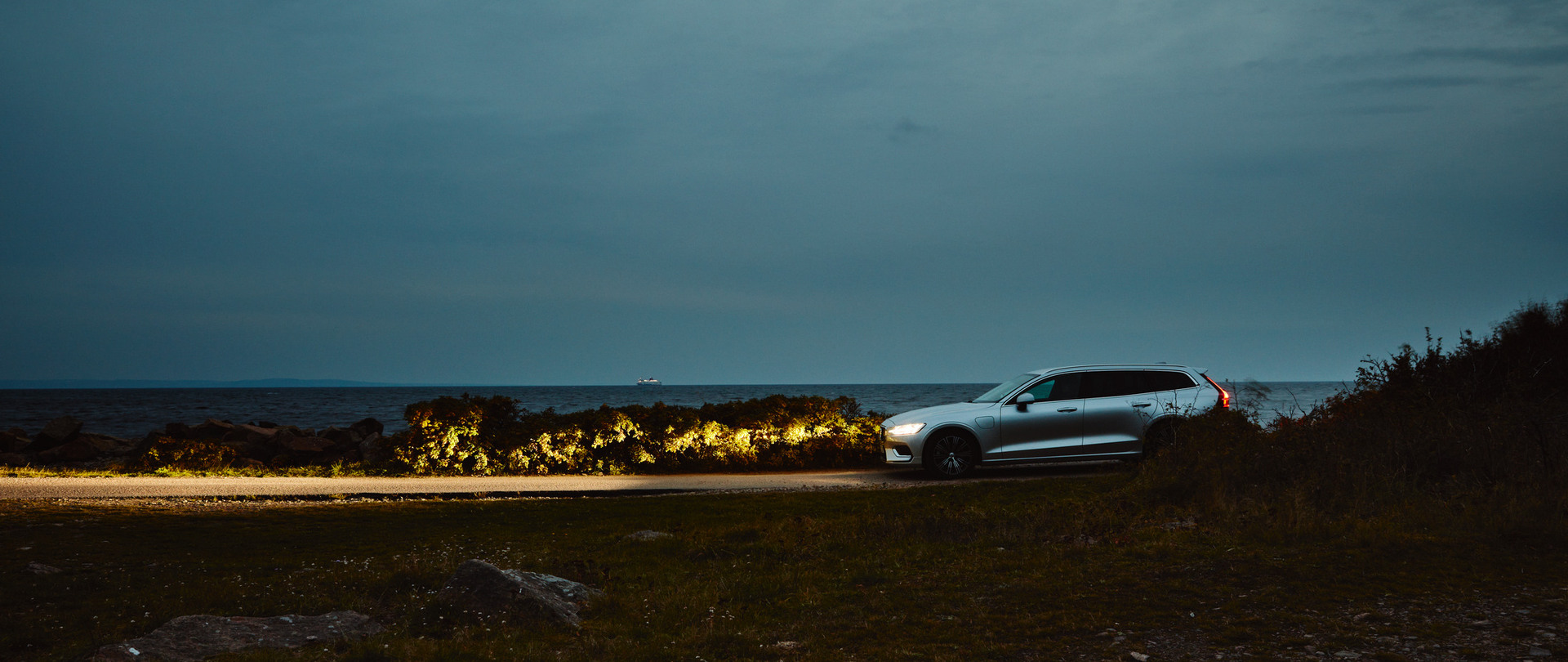
New Regulations in Regards to EV chargers 2022
UK and Irelands regulations with regards to EV chargers are changing from July 2022 in UK and September in Ireland
The e-mobility market is ever-changing at a rapid rate. AT GARO, it so important to keep up with market trends and adapt for the future. We at Garo pride ourselves in producing quality future smart products that adapt to market Trends and infrastructure.
In the UK, From July 2022
At GARO, we think it's extremely important to make wholesalers, installers and end users aware of these changes coming in to play for UK in July, 2022.
The legislation will be enforced from 1st July 2022
All private charge points being used for Domestic & workplace must have the following capabilities:
• It is able to send and receive information via a communications network.
• It must be able to receive a signal increasing or decreasing the rate of electricity flowing through the charge point.
• Must be able to be controlled by the DNO.
• Must have built in OCPP (Open Charge Point Protocol) or suitable software.
• A relevant charge point must not be configured so that it will cease to have smart functionality if the owner changes their electricity supplier.
• Must be able to function if the communication method fails.
• Must have a built in timer delay function 0-1800 seconds.
• Must have a random delay timer function.
• Must have a built in KWH Meter.
• Must be able to record and save kwh data by the second for a 12 month period.
• Must be pre set to an off peak charging tariff (Can be changed by the end user).
• Must be able schedule charging times.
• All charge points must be sold with a DSR agreement
In Ireland, from September 2022
SEAI intends to change the EV Home Charger grant scheme to ensure that grant support will only be provided to “Smart Chargers" from September 2022 onwards. Ireland is striving to deliver 845,000 EVs to our roads by 2030 and 80% of the charging required for these cars will be done via the home, therefore careful management of this electrical load will be essential.
Smart Chargers can manage the electricity load which will ensure that our network does not fail when drivers return home in the evening.
Smart Chargers will also ensure to start charging at the same time each day, or allow the charger to determine the best time to charge the EV at night. This will take advantage of high amounts of wind power and low energy prices.
As part of this switch towards support to Smart Chargers only, SEAI will follow a two-step approach as follows:
- An EV product register has been created with associated criteria to allow product suppliers or installers to register Smart Charger products with SEAI. Once the product has been reviewed and approved by SEAI, it will be placed on the register. Instructions on how use the Triple E register for product submissions will be provided on the day of the webinar.
- From September 2022, onwards, home owners applying for an EV Home Charger grant will be required to select the EV Charger product which they are planning to purchase from this new product register. Following installation, the REC electrician will then be required to confirm, by also selecting from the same register, that the product (or any other product on the list) has been installed.
